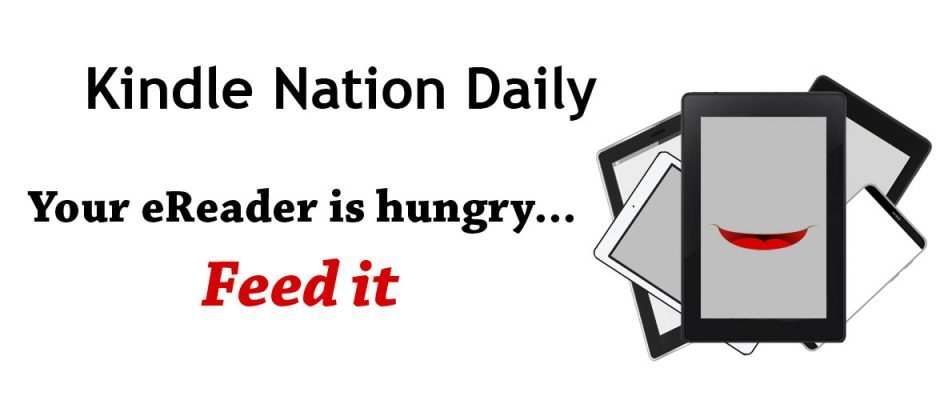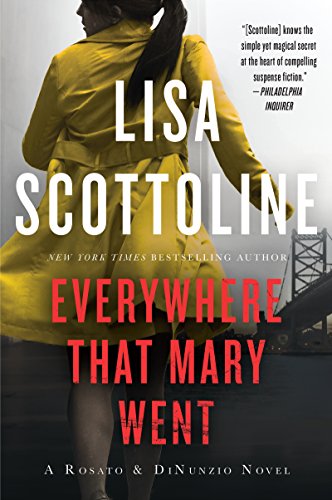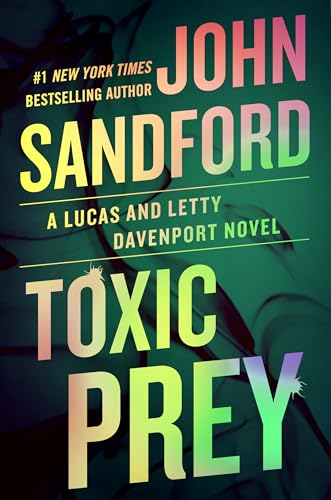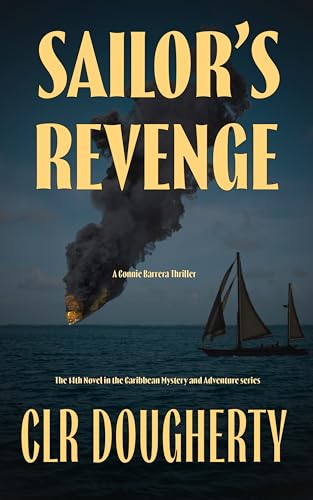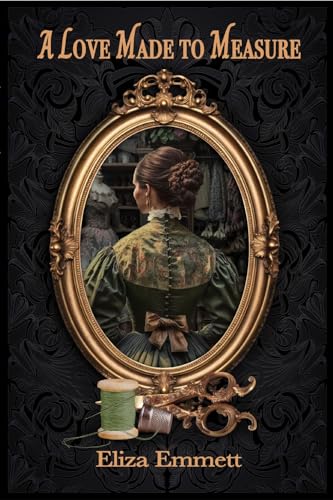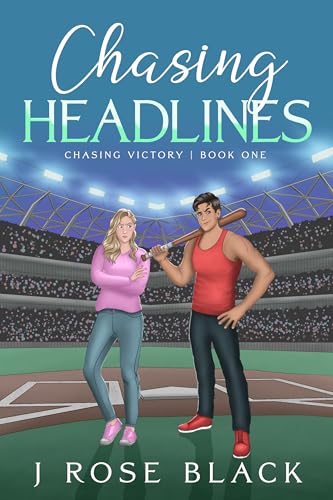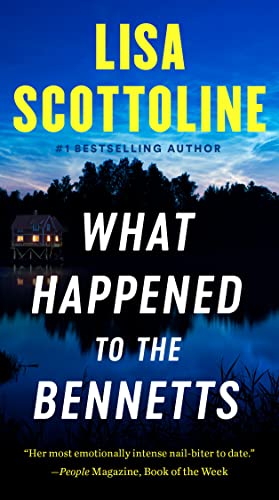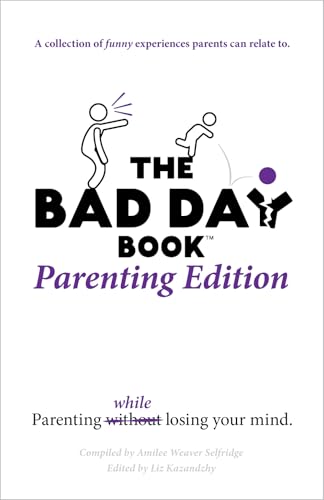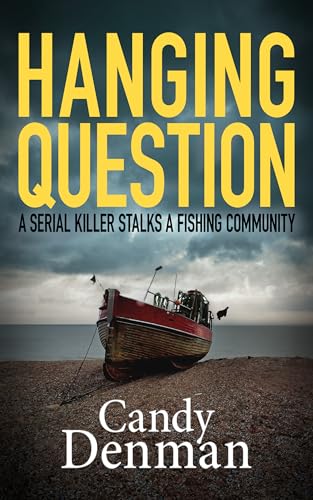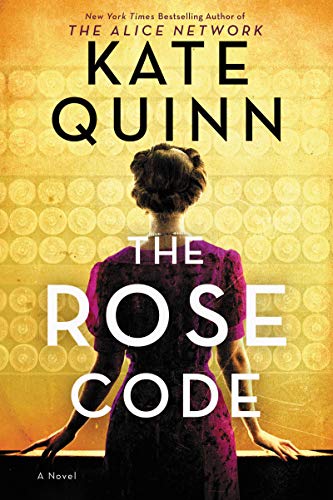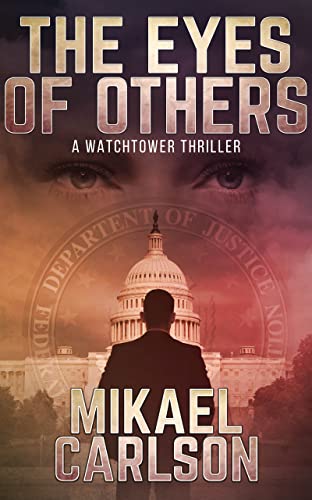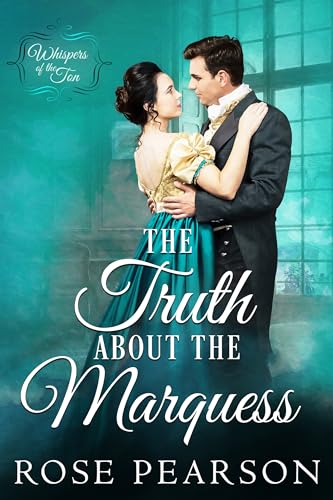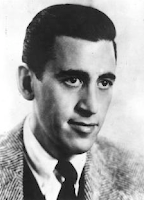Kindle Nation Daily Contributing Editor
With well over 6 million copies of her novels sold, author
Terri Blackstock
still worried about giving away copies of two of her novels in the Kindle Store. At a time when some traditional publishers have been trying to persuade their authors that Amazon Kindle could mean the end of Western Civilization, or at least of print book sales, her publisher was telling her to embrace the Kindle by giving her books away free to Kindle owners.
“Hmmmm…. My books free? I was worried it was not a good idea,” Blackstock told Kindle Nation Daily in an exclusive phone interview the day the free-book promotion ended. “But they [her publisher, Zondervan] had tried it successfully with
Brandilyn Collins
and it looked successful for her. They convinced me to try it.”
Fresh from two weeks of giving away her bestselling
Cape Refuge
and
Southern Storm
, both of which topped the Kindle Bestseller List, Blackstock talked about the Kindle, ebooks, the freemium promotion and ebook prices.
The giveaway “did what we wanted,” she said on Feb. 1. “Some of my readers who might not have read those two books had an opportunity to read them, and they bought the third and fourth books in the [Cape Refuge] series.”
“It seems there was a bump in sales of a lot of my older books,” she said. “And I suddenly had 150 people asking to be my friend on Facebook, so I knew something was going on out there.” While Facebook tells the world Blackstock has close to 2,500 “friends” at the moment, she’s still awaiting hard numbers on how the “freemium” boosted sales of of her latest novel, Intervention .
.
Unlike many authors and indie publishers who publish directly via
Amazon’s Digital Text Platform (DTP), traditionally published authors like Blackstock take a different route into the Kindle Bookstore. So those authors have to wait for their publisher to report on sales figures, and it was too soon for hard numbers on the giveaway when she spoke with KND. (DTP authors get sales information online and up-to-the-hour, but have unfortunately have been barred from offering free promotional downloads in the Kindle Store, while Amazon has, rather strangely, seemed to show a preference for religious publishers such as Zondervan among traditional publishers.)
Blackstock admits to being among the first early adopters to buy a Kindle 1. She later moved up to a Kindle 2 and sold her Kindle 1 on eBay. She immediately found the Kindle and the technology intriguing, promising and a bone of contention among peers in writing groups to which she belongs.
“At the beginning, a lot of writers were upset about the Kindle–and I was a user!” she recalls. “But I felt it was a whole new market for our books.”
She, like the rest of the book-reading and book-producing world, isn’t sure where the current faceoff between publishers and retailers will end up. “I think it will shake out and we will figure out the right price point for books and make the readers happy,” she says.
Part of that faith in the market is based on the quality and power of Kindle Nation. “People who own Kindles are avid readers and appreciate quality—and they have a lot of influence in the market–a new thing,” she says. With best estimates putting the number of Kindles in the world at somewhere between 2 and 3 million ereaders, Kindle Nation is strong in numbers as well as impact.
And that fresh concept, assumed in the ebook price wars but unspoken these days, underscores the role of current Kindle owners as key buying influences in the changing world of publishing.
As book publishers, device makers like Amazon and Apple, and retailers like Amazon and Barnes & Noble negotiate privately and exchange public announcements, all eyes are watchfully on the true power in the marketplace—the readers who pay for books.
Blackstock, a creative thinker as an author, is just as innovative in thinking up possible solutions for book sellers, publishers, authors and readers. For example, she points to an intriguing idea called Symtio from Zondervan. “It’s important for book stores to figure a way [like Symtio] to allow people to download in the store [in a way where] that store gets profit for it,” she suggests as a possibility.
Symtio, introduced in 2008 by Zondervan—a division of HarperCollins, is an attempt to keep bricks-and-mortar booksellers in the sales and profit loop of the ebook revolution. (Oddly, the
Symtio Home Page assumes you know what it is and are ready to download the needed application.)
“Everybody is finding a new role, and that’s a good thing,” Blackstock says of the current fast-boiling change in the world of books. “It’s fun to stay on top of it all.”
“I think readers will get a lot of value with their Kindles [and] continue to get free books,” she predicts. “I hope they understand publishers need to make money, [otherwise] people could lose jobs [and] good authors won’t be able to make a living writing. Publishers are trying to figure out how to navigate the waters now.”
Amidst the current tough-talking exchanges between book publishers and retailers, Blackstock sounds like a sensible voice or reason, convinced all parties will resolve their differences and be better for weathering the storm.
Indeed, such a hopeful outlook is the very core of Blackstock’s long line of bestsellers. “The theme of my books is that the crises in our lives can turn into blessings,” she says. “Through suffering we can sometimes grow and have new opportunities.”
Her latest book, Intervention, carries forth that concept and looks to be the start of yet another Blackstock series of books. Intervention debuted on the New York Times Bestseller List. It is another work in the genre she calls “redemptive suspense.” The story of a family’s struggle with a teen daughter forced into drug rehab goes right to the edge of suspense when the girl disappears and her interventionist is murdered.
Publishers Weekly, in a review of the book, said its “mother-daughter relationship strikes true emotional notes; the redemptive arc of evangelical Christian fiction is natural and resonant in a story of addiction. Blackstock’s many fans will be pleased, and this story will also speak to families dealing with addicted children.”
No wonder the book rings true: Blackstock’s own daughter battled through a similar substance abuse history—but without the dead body that adds the suspense to the novel.
Reviewers typically refer to Blackstock as the “prolific suspense novelist,” and with 50 titles available in the Amazon store she can justly claim the title. At the moment, 18 of the 50 are available as ebooks for the Kindle.
Blackstock, born in Belleville, IL in 1957, achieved early writing success as a romance novelist. She prefers not to give out the pen name under which she wrote romance books, wanting to leave that part of her past behind.
Will there be more free Terri Blackstock titles in the future?
“Maybe,” she says. Indeed, her body of work seems custom-tailored to the so-called freemium marketing method. The two free Blackstock books offered in January served as a loss-leader to sell the rest of the four-book Cape Refuge Series. As you can see at her
Amazon Author’s Page, she has four other series in print and available for the tactic: her Restoration Series, Newpointe 911 Series, Suncoast Chronicles Series and Second Chances Series.
Intervention, she expects, is the beginning of a new series as well.
